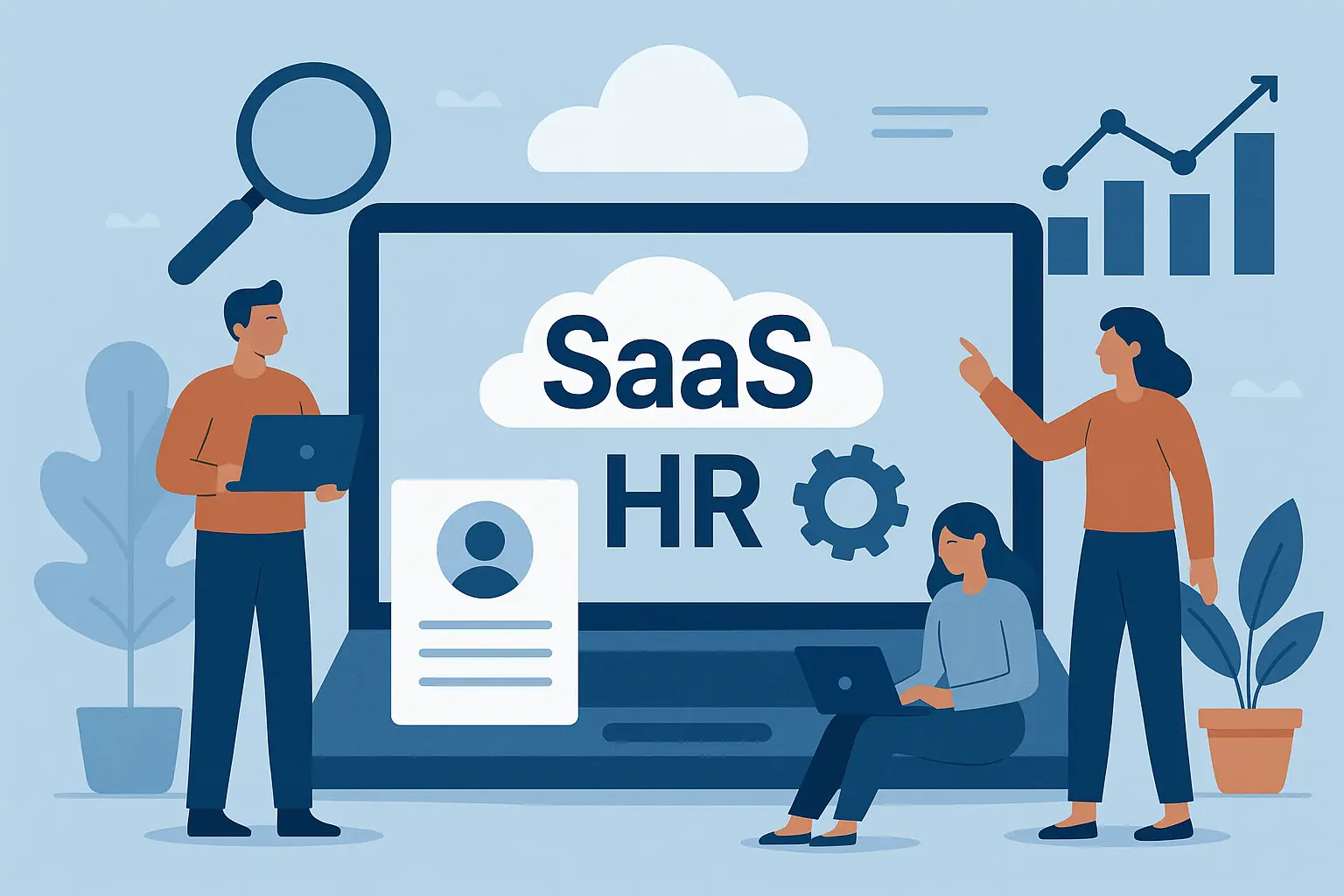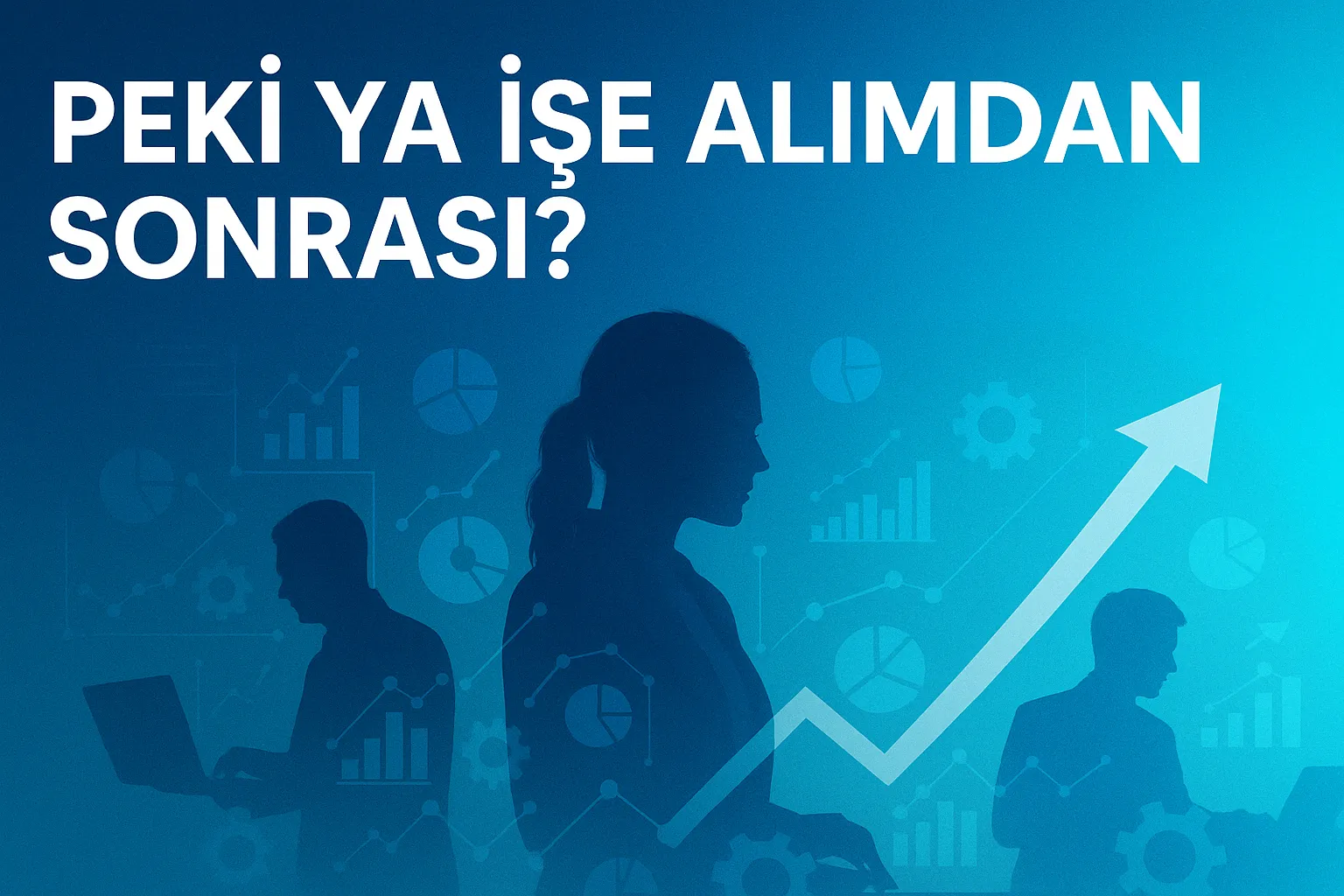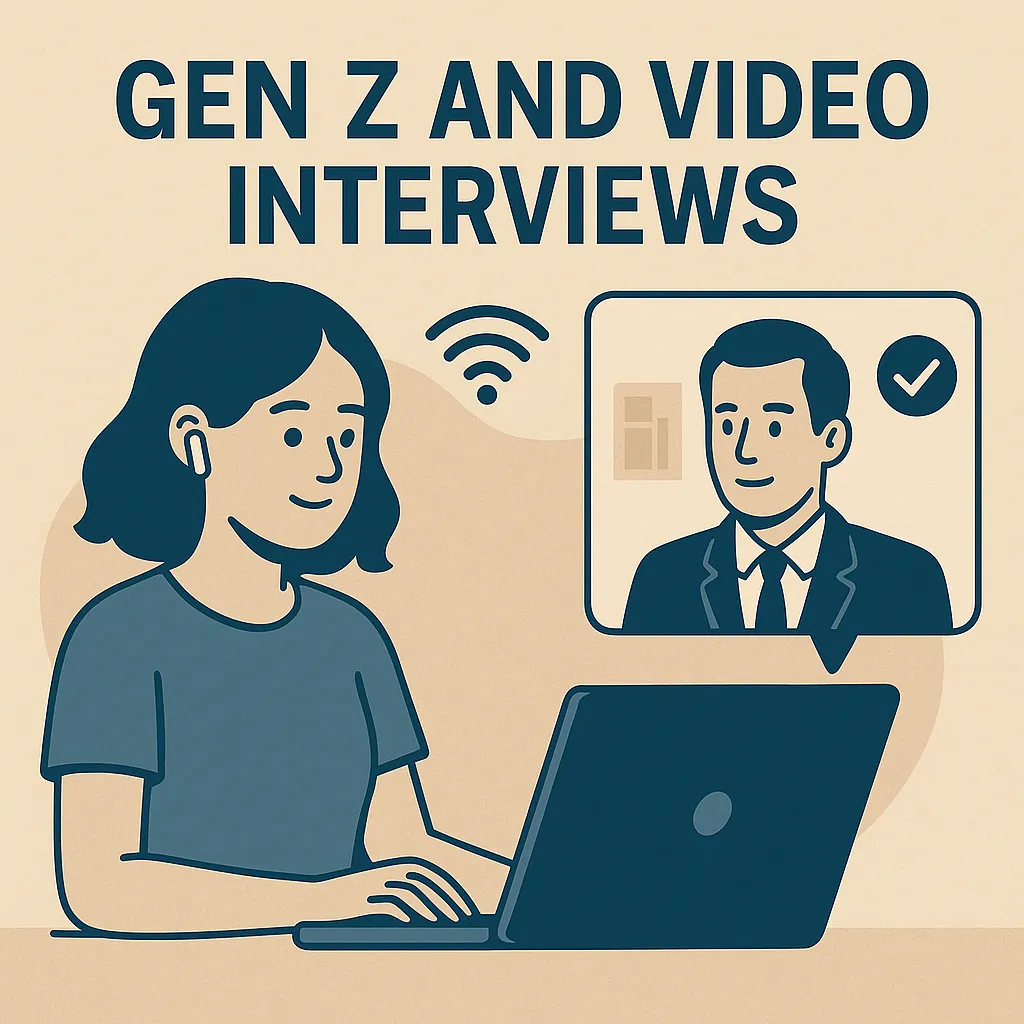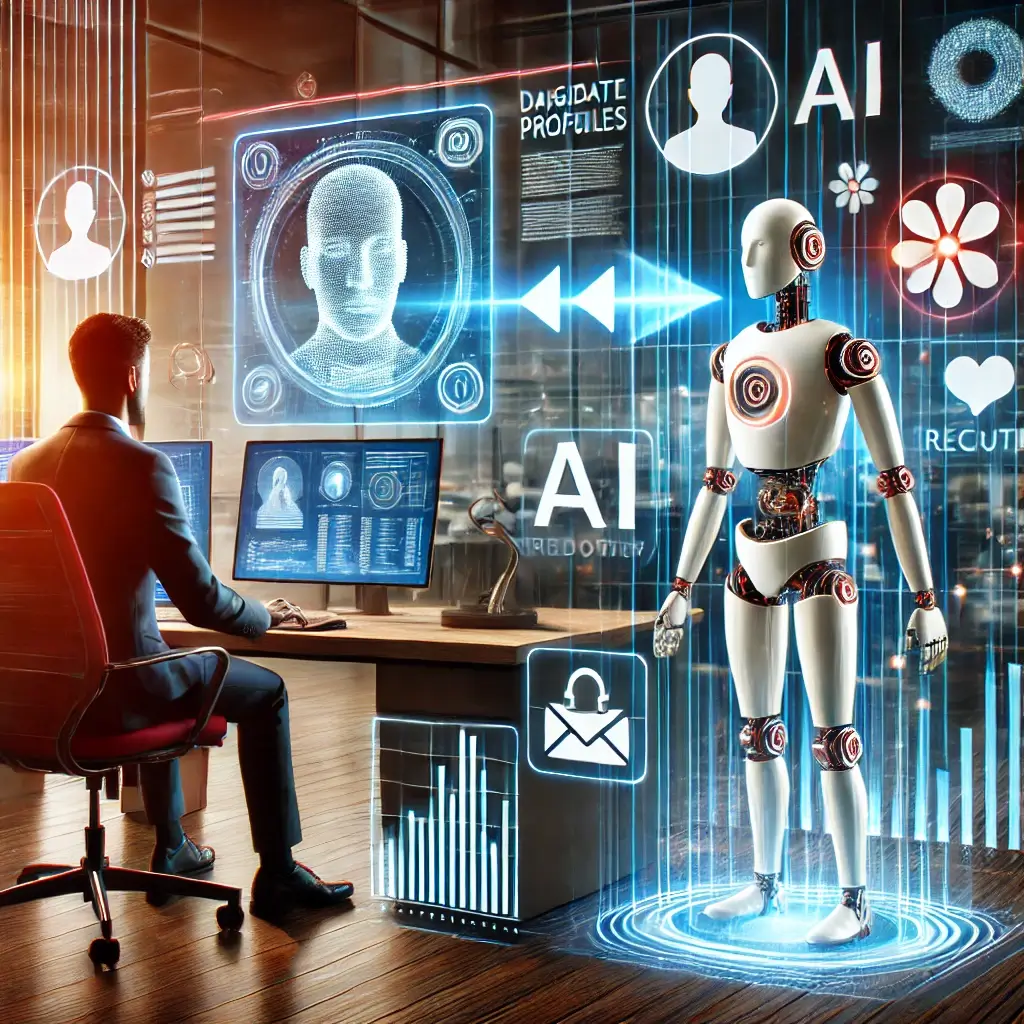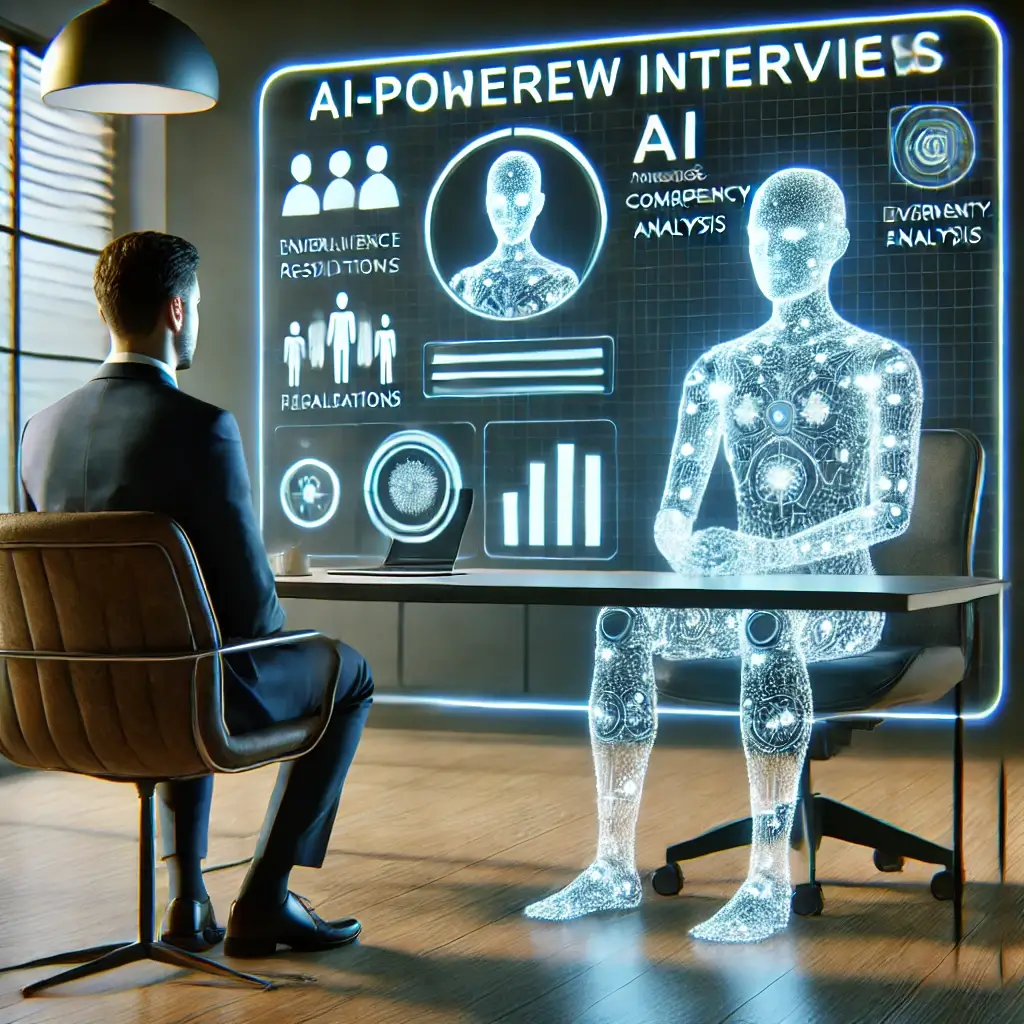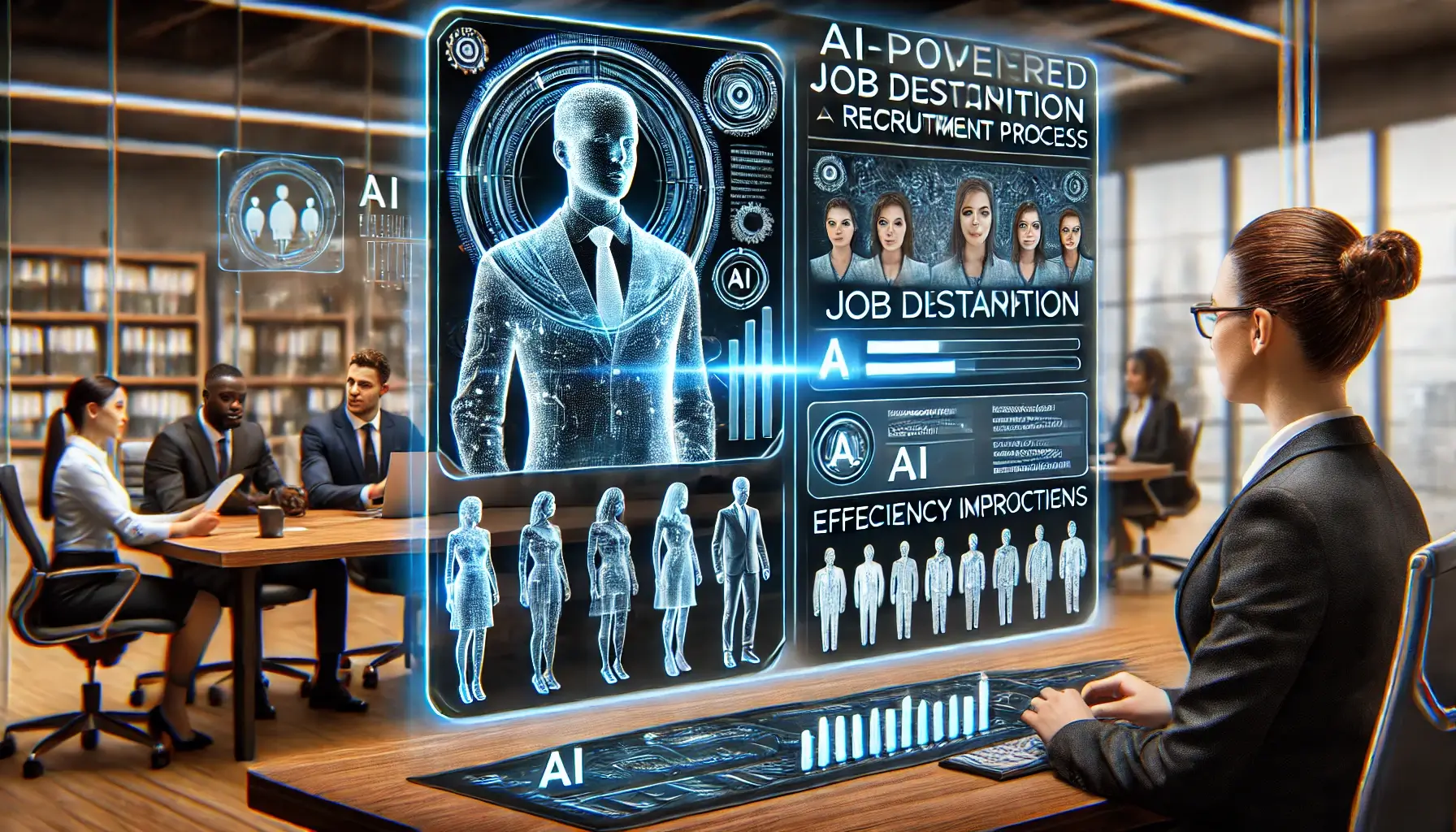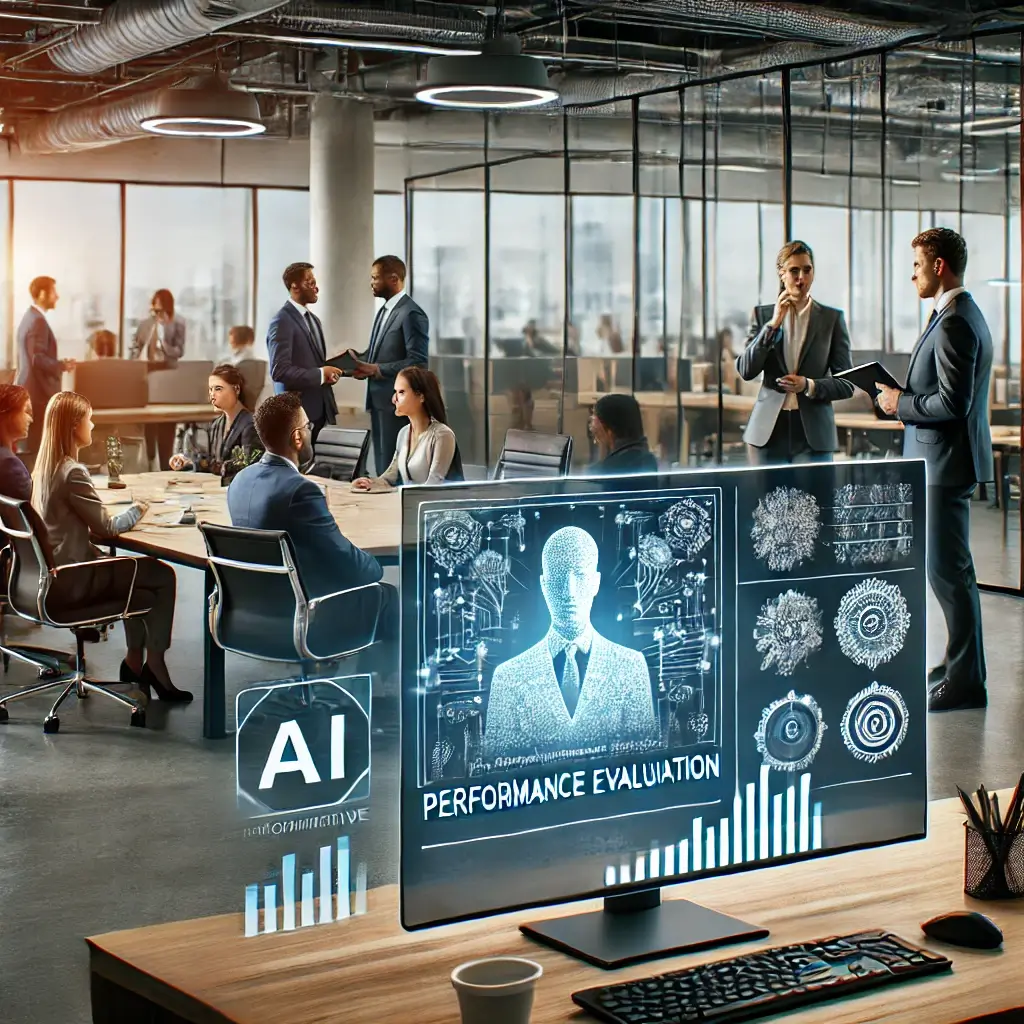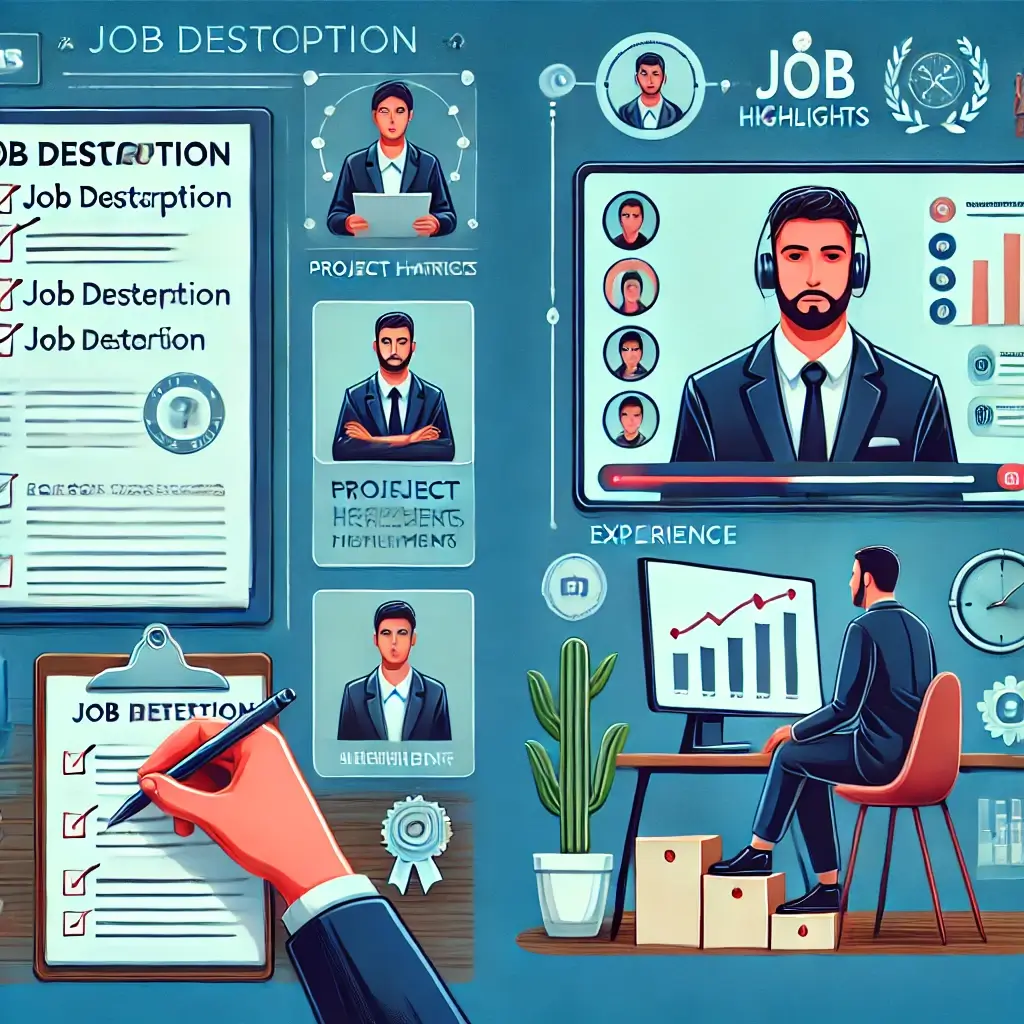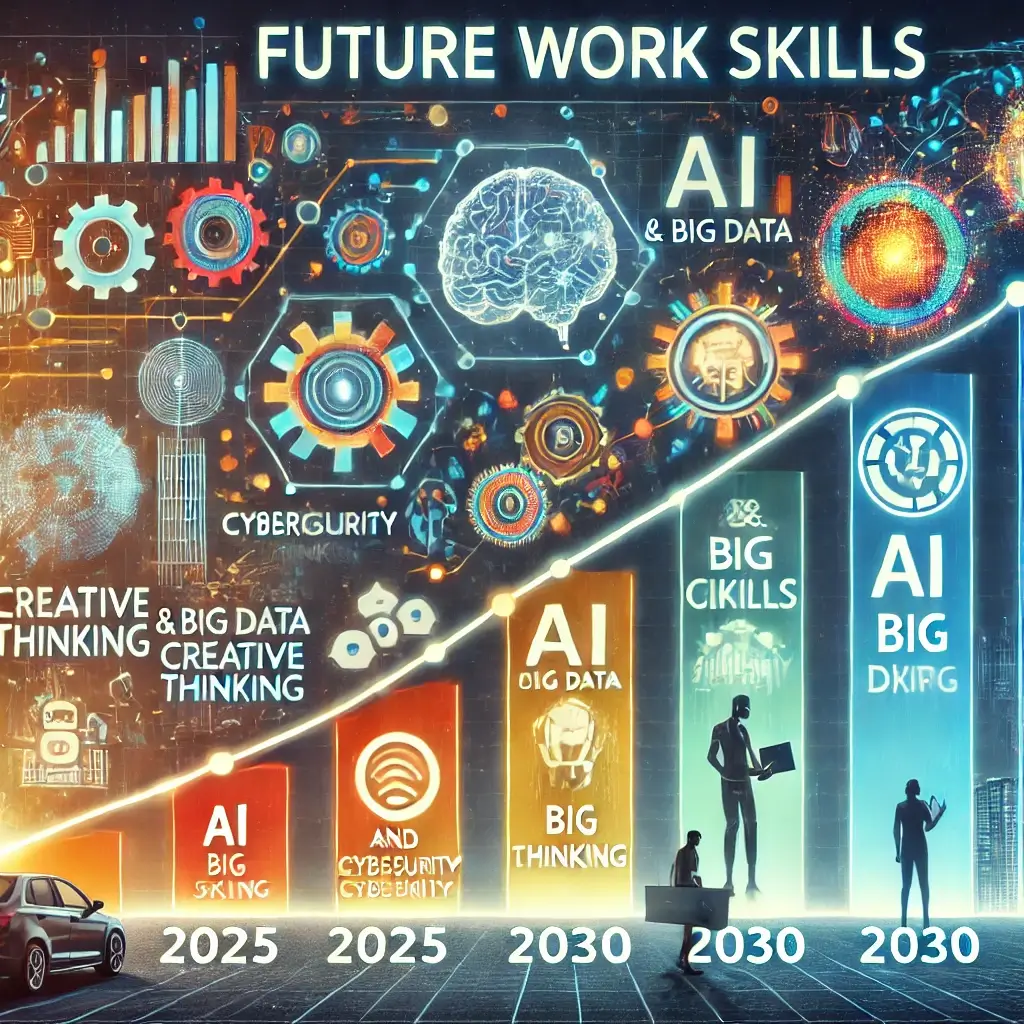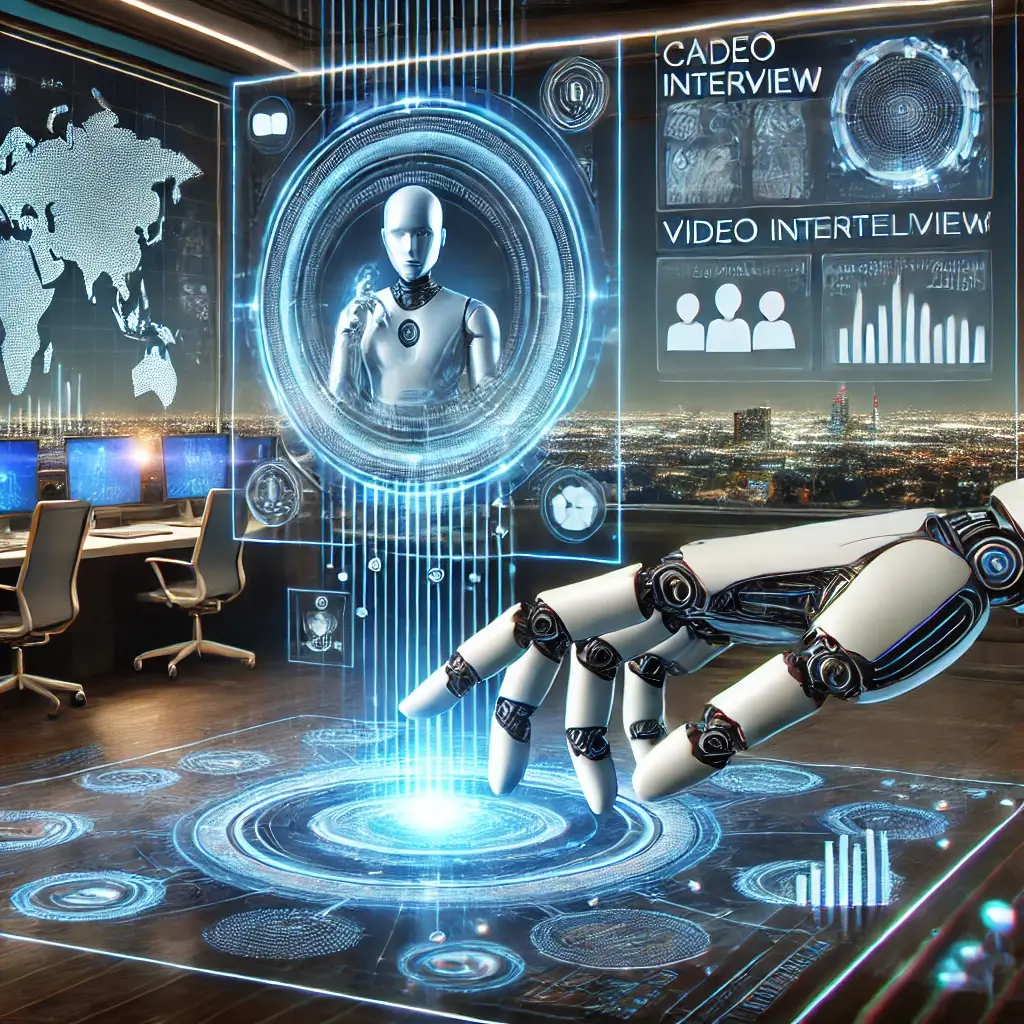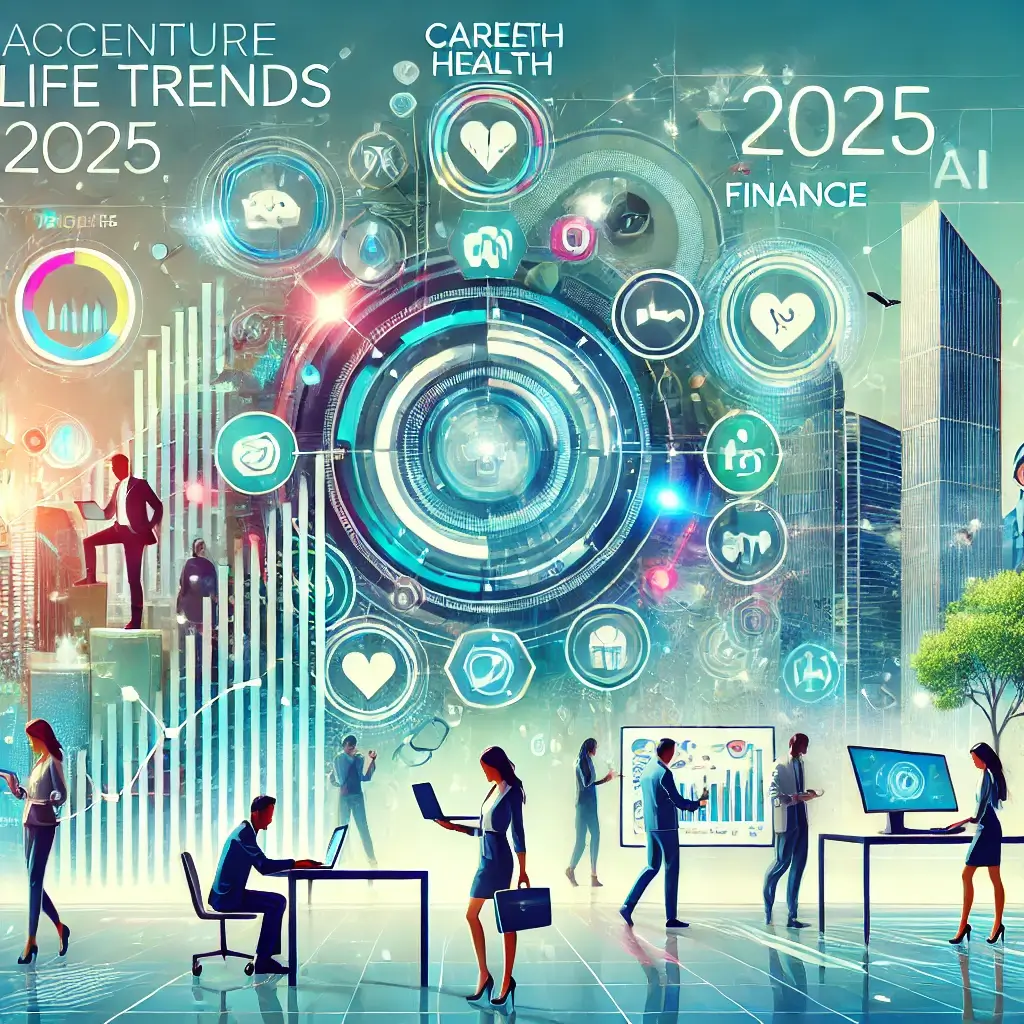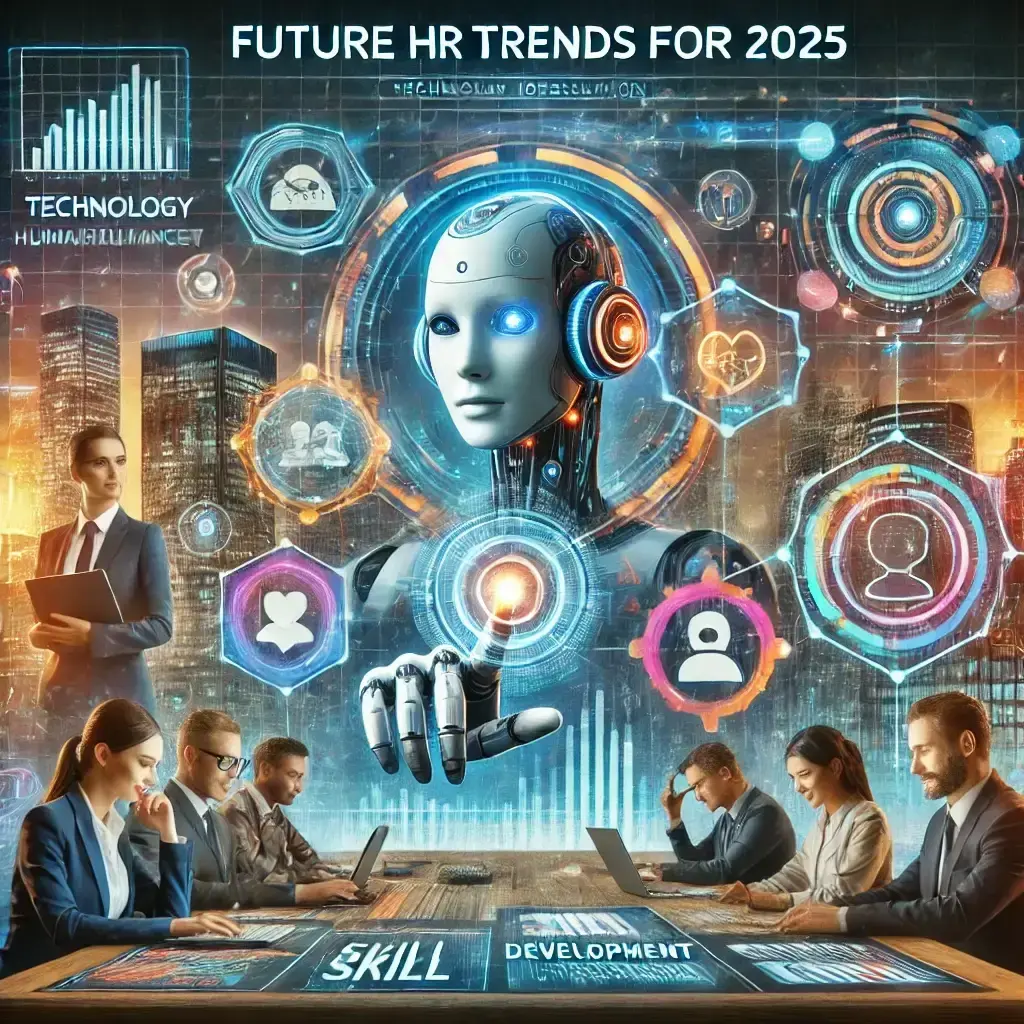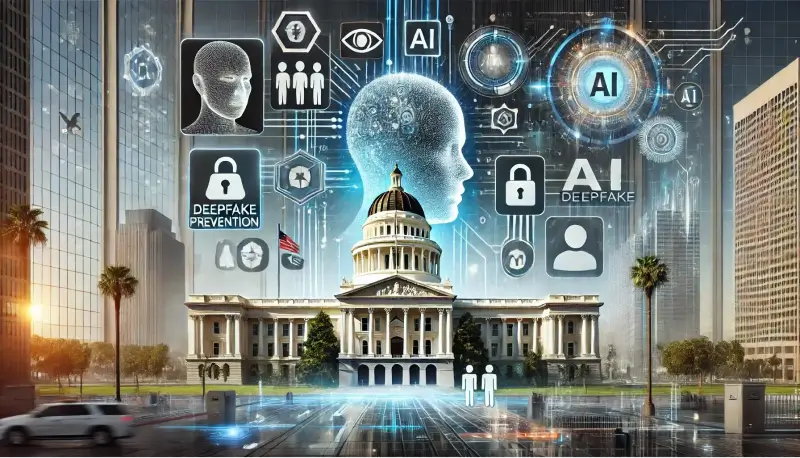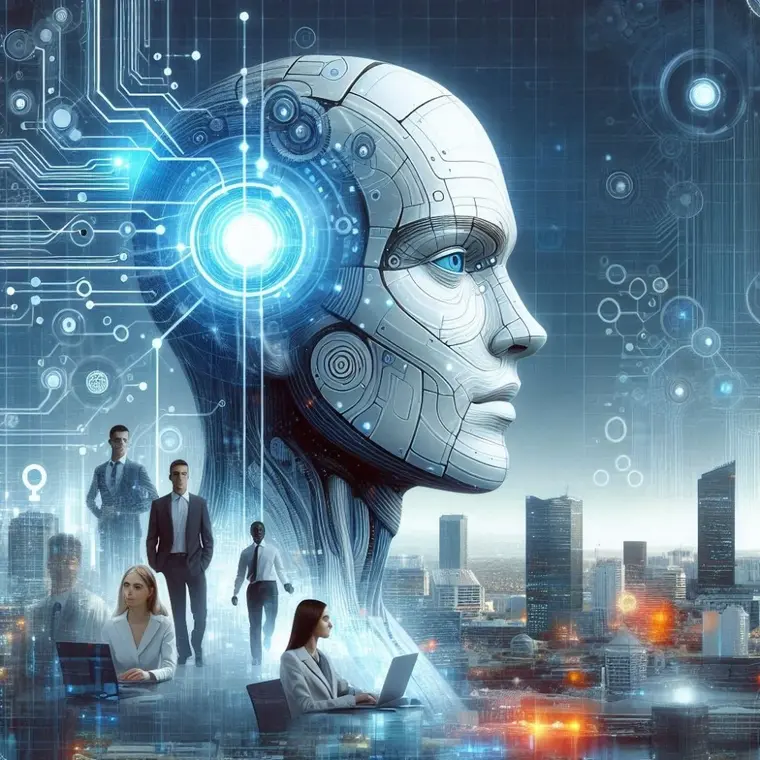AI in Recruitment: The Power and Responsibility of Technology
AI enhances recruitment efficiency, but data privacy, fairness, and transparency are now more critical than ever.
hiringcycle.ai15.04.2025
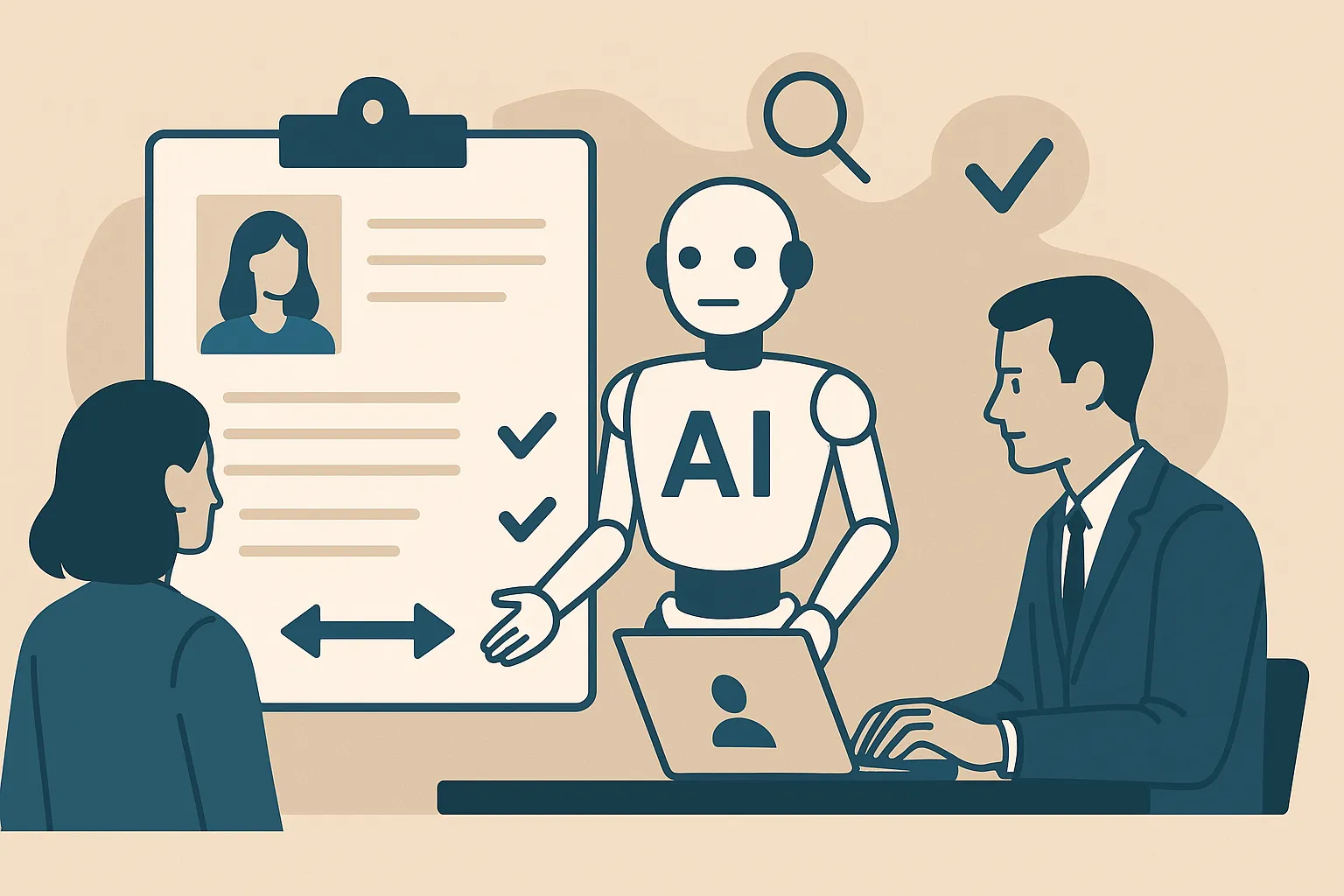
The WEF Future of Jobs 2025 Report predicts a growth of 78 million jobs over the next five years. As job numbers increase and job descriptions continuously evolve to meet sector-specific needs, recruitment processes are expected to operate at an unprecedented scale. The globalization of the labor market will expand candidate pools, demanding more effort and cost in recruitment. In this context, continuing manual recruitment processes is no longer feasible.
As the business world rapidly transforms, artificial intelligence (AI) applications are reshaping recruitment processes—enhancing speed and efficiency in stages like resume screening, video interview analysis, and candidate prioritization. According to McKinsey The State of AI 2024 Report, 78% of companies use AI in at least one business function, marking a significant rise from 20% in 2017. Yet, alongside these benefits come growing ethical and operational responsibilities.
Data Security and Legal Compliance
AI-based recruitment systems process vast amounts of personal data, including resumes and video interview recordings. Full compliance with data protection regulations such as Turkey's KVKK and the European GDPR is therefore crucial. Both require explicit candidate consent, limited data use for recruitment purposes only, and granting candidates rights over their data—such as access, correction, and deletion. Maintaining transparency in these processes not only prevents legal risks but also strengthens candidate trust.
Preventing Bias and Ensuring Fairness
AI systems can inherit biases from the data they are trained on, potentially leading to discrimination. A 2024 study by the University of Washington showed that AI tools favored white-sounding names 85% of the time. To avoid such biases, algorithms must be regularly tested to ensure they produce fair outcomes across different demographic groups.
Transparency and Explainability
Candidates' confidence in the hiring process increases when they understand how their applications are evaluated. According to a 2024 study by HireVue, 79% of candidates want AI use in recruitment to be transparently communicated. Therefore, AI decision-making processes must be clearly explained to candidates.
Human Oversight and Accountability
AI should act as a supportive tool—final hiring decisions must be made by humans. Workable AI in Hiring survey found that 90% of companies using AI in hiring reported increased speed, and 77.9% noted cost reductions. However, eliminating human input entirely can result in candidate loss and trust issues.
Performance Monitoring and Continuous Improvement
AI model performance can shift over time. According to a 2024 Jobspikr report, AI-based recruitment tools can reduce time-to-hire by up to 50% and improve candidate quality by up to 35%. Thus, regular monitoring and updating of models is essential.
Improving the Candidate Experience
Candidate experience is vital for employer branding. CareerPlug 2025 Candidate Experience Report reveals that 66% of candidates say a positive experience influences their decision to accept a job offer. Therefore, AI-driven processes must be user-friendly and accessible.
Conclusion: Advancing with Technology, Staying True to Values
AI presents tremendous opportunities in recruitment. However, leveraging these opportunities requires a commitment to ethics, transparency, and candidate-centricity. When implemented responsibly, AI not only accelerates hiring processes but also enables fairer and more effective hiring decisions.
At hiringcycle.ai, we are committed to harnessing AI's potential in recruitment responsibly—offering solutions that accelerate processes, uphold fairness, and enhance the candidate experience. Together, we're shaping the future of recruitment.
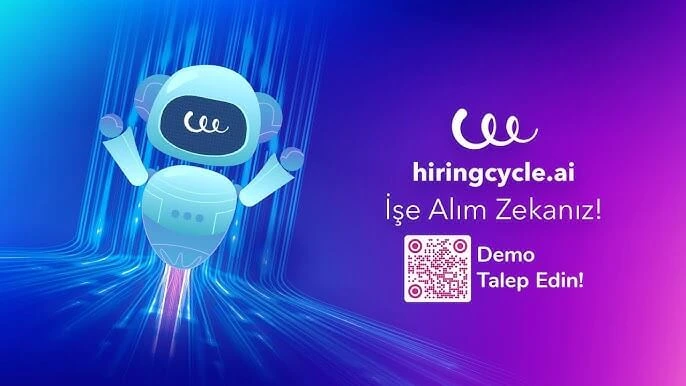
Blog



